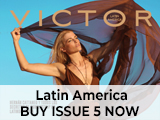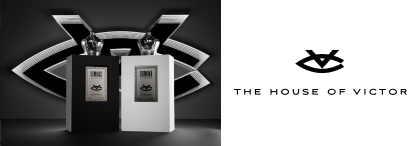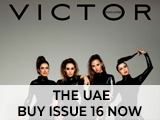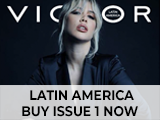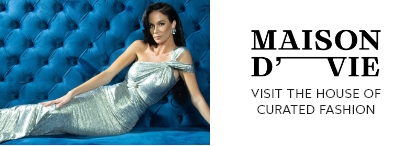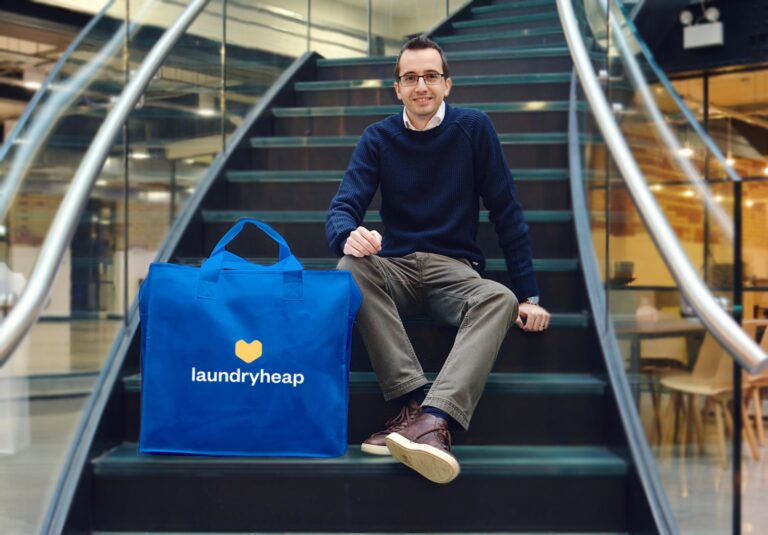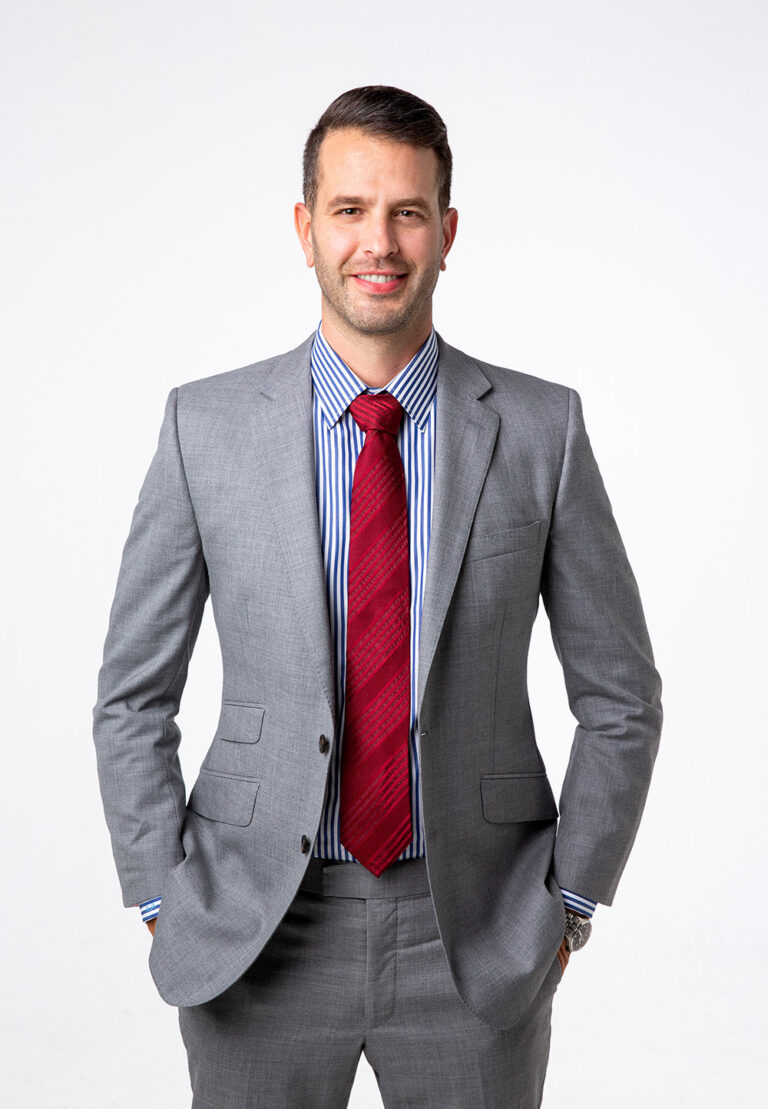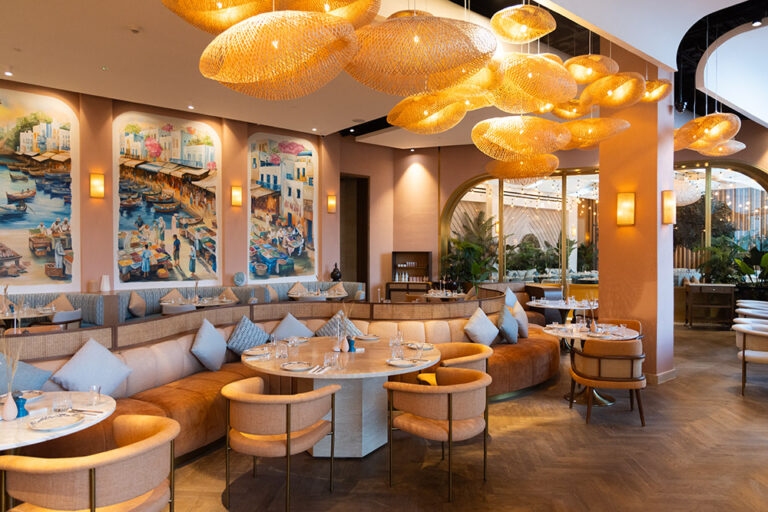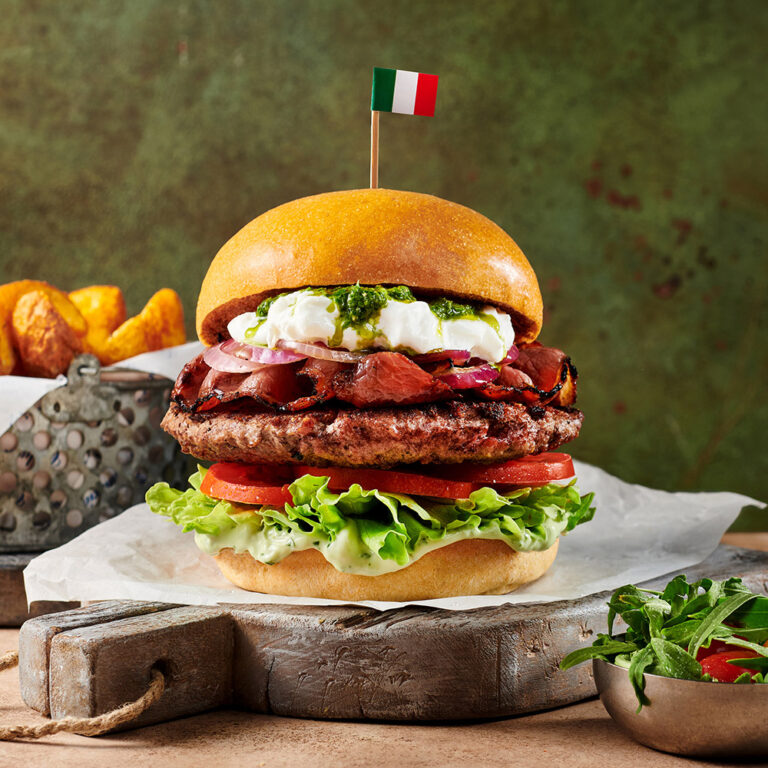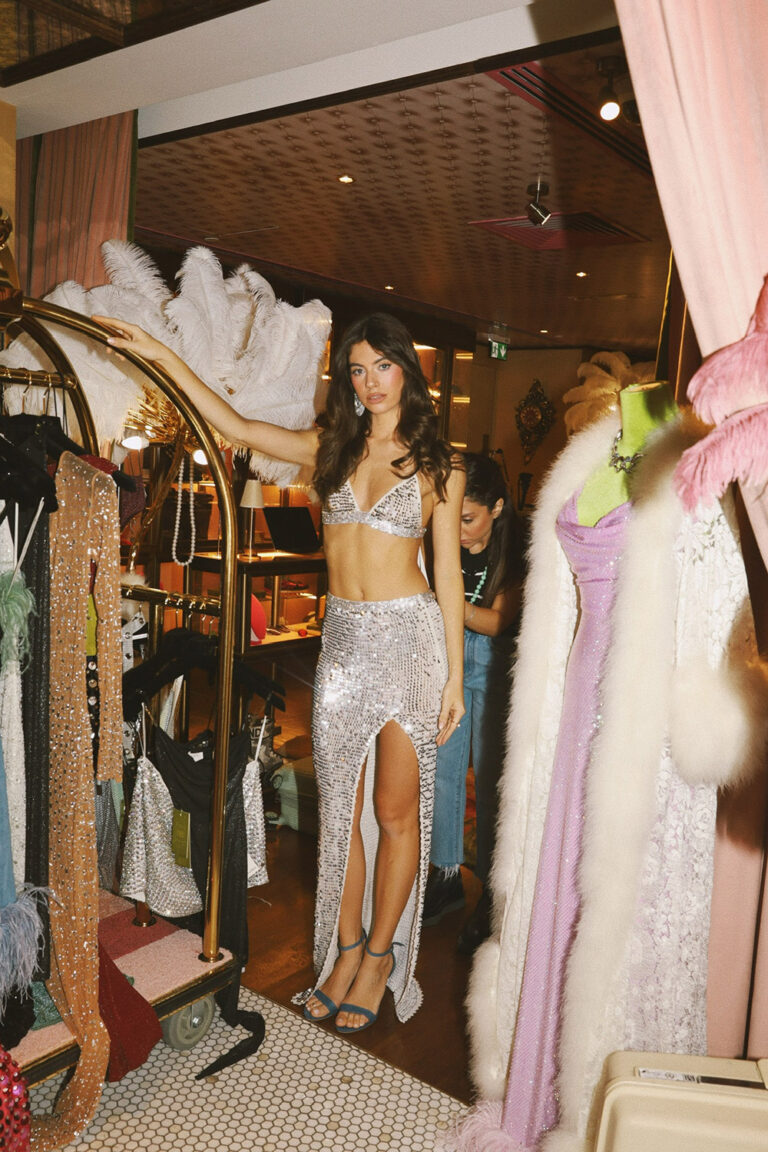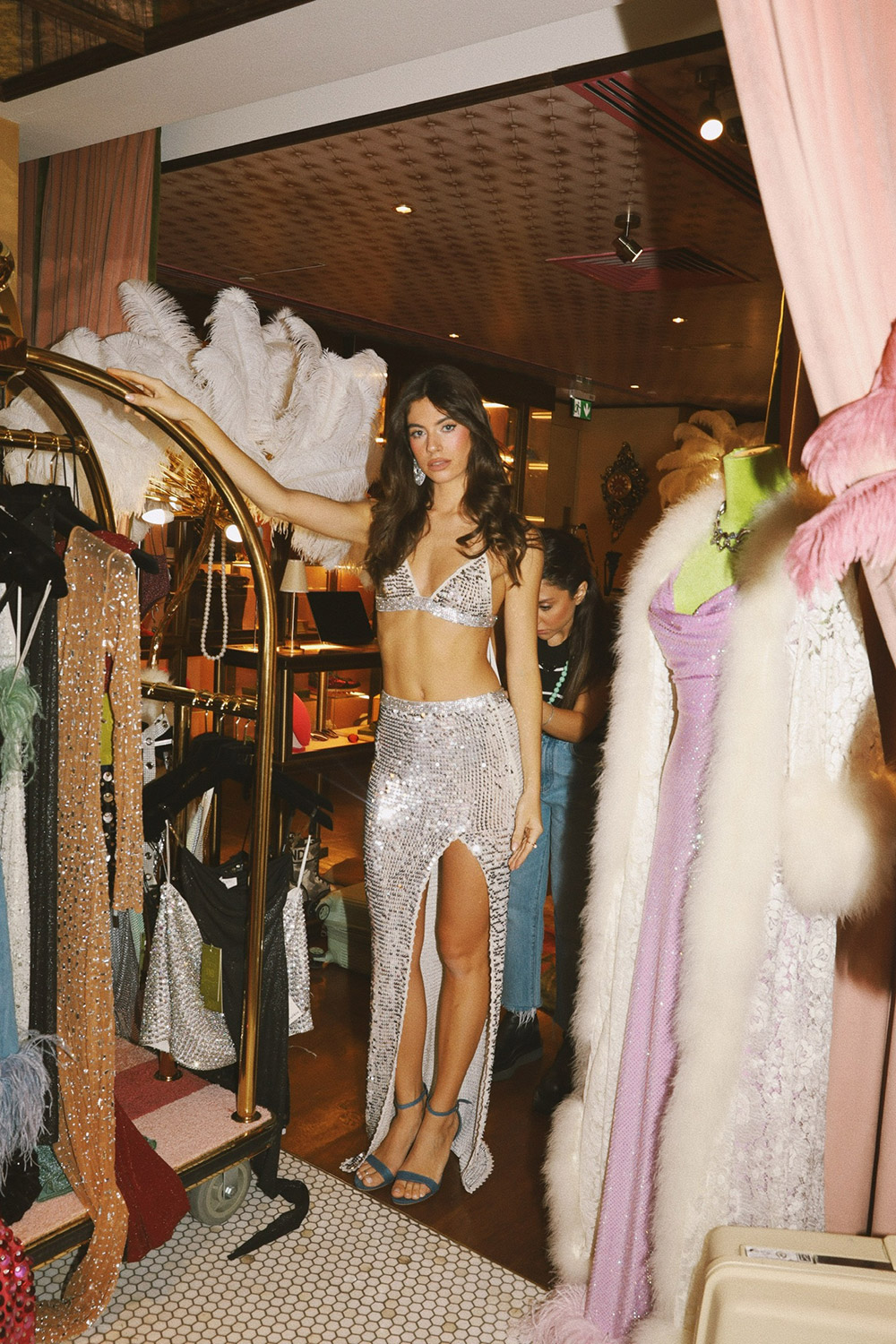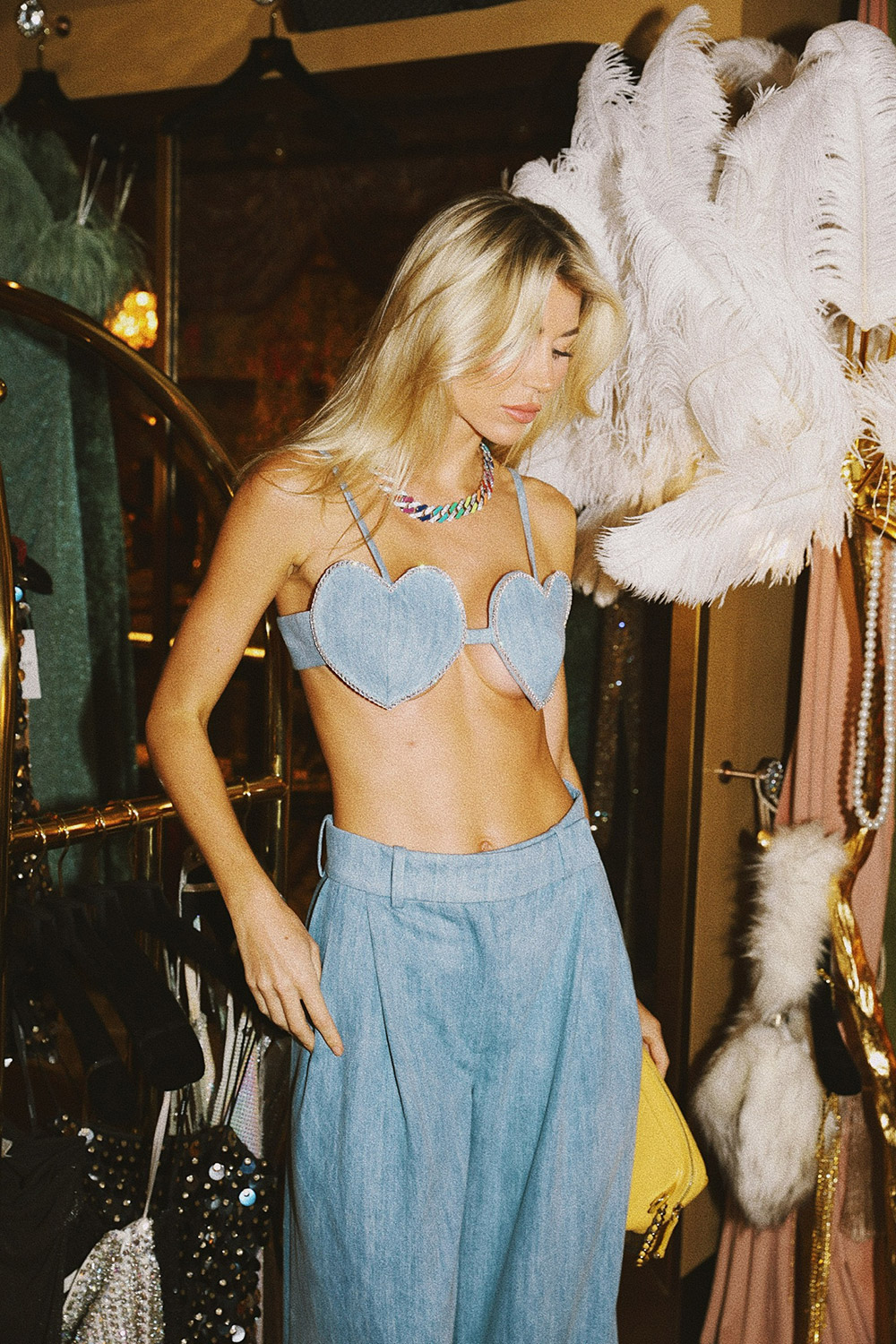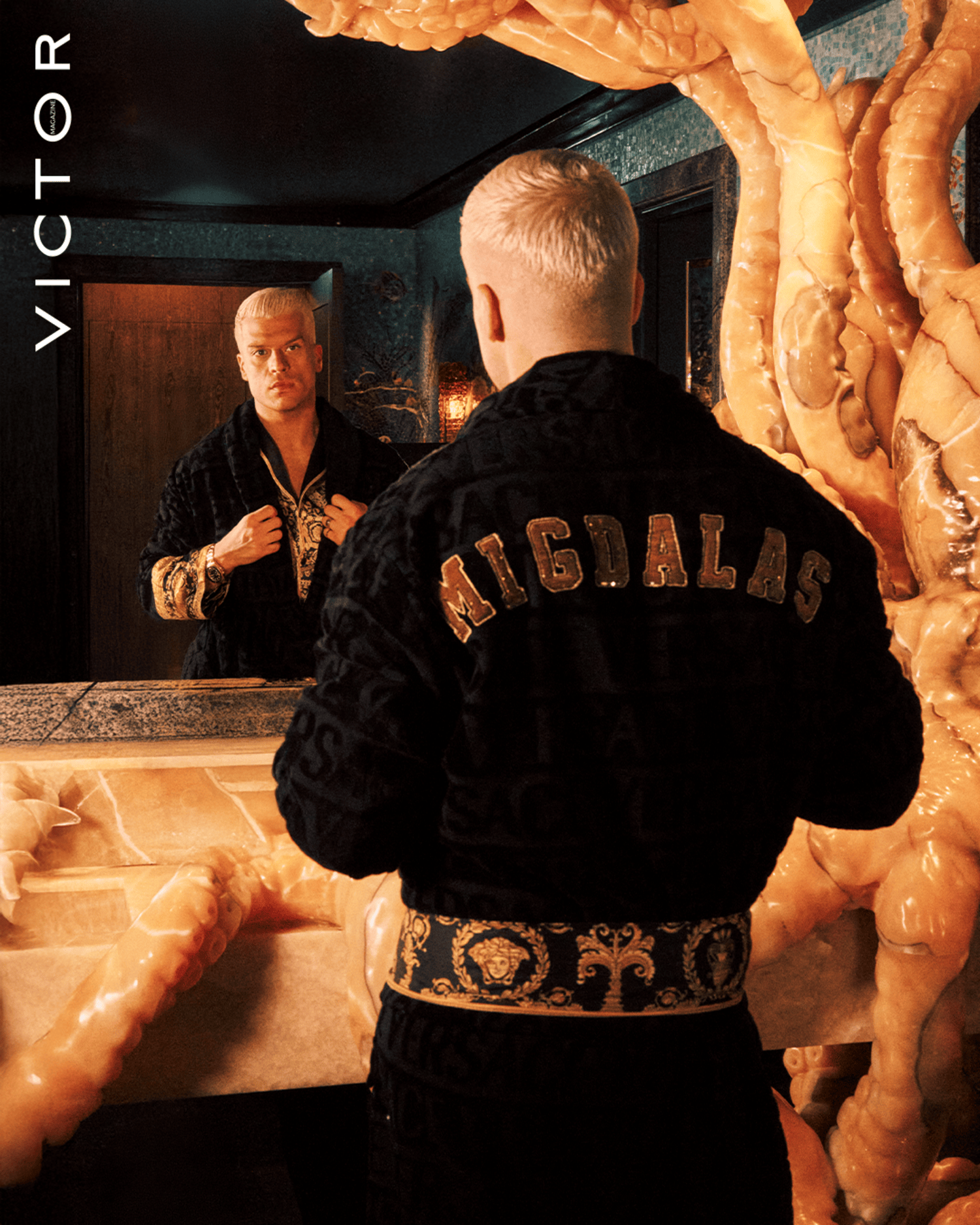
Tjin Lee – The Wonder Woman Who Walks the Talk
Gayatri Ramchandran
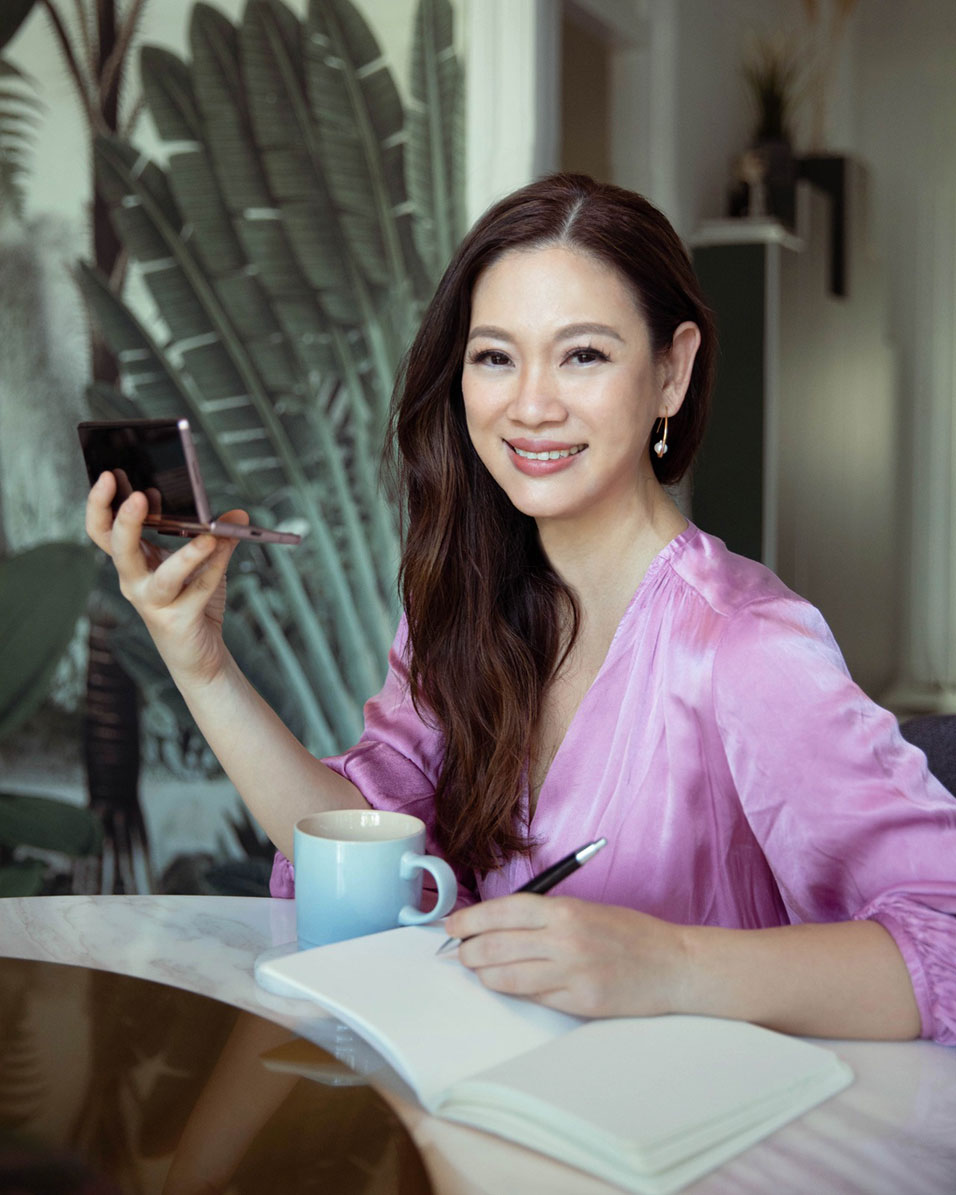
A woman can be so many different things. She is a mother who ensures that her loved ones are well taken care of. She is also an author who aims to engage, inspire and strive for more excellence, while simultaneously sipping a cup of freshly brewed coffee that keeps her creative juices flowing. She is a motivational speaker, who always manages to leave the audience in a trance, further building a tribe of other successful women who are not only there to stay, but they are there to have her back.
A woman is not just a woman, rather a ‘Wonder Woman’ who can do it all. From owning a plethora of numerous, award winning, successful businesses, the epicentre of which is the Mercury group of companies, to being appointed as the Chairman of Singapore Fashion Week, Ms. Tjin Lee is the definition of a Wonder Woman Who Walks the Talk. Having built an extensive and imposing list of not only laurels, but an empire of her own, Tjin Lee was and still is-a go-getter. Her mantra?
“The only way to make your dream into a reality is by channelling your passion in doing what you love, stay determined and focused and always work harder than everyone else.”
Can you tell us about the time where you started your first business but it didn’t work out? What were some of the challenges you faced at the beginning of your journey and what have they taught you?
Actually, I have to say that Mercury is the very first business that I started. Of course, there are learning challenges. The company is more than 20 years old today and I think that the biggest challenge is always the start-up. In business there are always different challenges at different levels as you find yourself climbing different peaks as the obstacles keep getting harder. Nothing is more difficult than the beginning of starting something new.
I guess the biggest challenges to the early start-up of my business would be partnerships. I think partnerships for me have been a stumbling point because sometimes you start businesses with partners and you have different visions or ideas or even exit points, depending on where you want the business to go and also on how you want it to grow. That, for me, has been my biggest challenge. One advice I’d like to offer for any business start up would be that there is more than one partner. Always talk about the end results or the beginning. Because when you talk to a partner, you realize that your goals are not aligned. Very often, people are excited to start a new business idea together, thinking that they share similar goals just because they are friends or that they get along. Founders often diversify their vision or the end result they want to achieve as time goes on.
That’s why partnerships have been the trickiest thing in terms of achieving success.
Knowing what you know now, is there anything you would’ve done differently when you were first starting out?
I often ask myself that same question but the answer is always no. Because I believe that mistakes are lessons, learnings that help in getting you where you want to be, as the years continue to progress. I love where I am. Every mistake that you have made is a part of your journey as you can’t go around the wall you have to go through the wall.
What are some of the significant strategies you use in order to plan your business’s future?
I think that my business growth is very organic. It applies to any business that I started. It is about looking at the situation of the market and where we are at and asking yourself what is missing. A lot of times when people start businesses, they think it is about them when in reality it is about the world. It is about what you can offer to the world and what it is that they need which you can help to provide. It’s a shift of perception. I always believe in addressing the gap and I start businesses where I see what is missing. For e.g., with Crib, there are so many entrepreneurs and organizations that 90 percent of them are mostly men. As a woman and founder, I realized that men and women are very different as far as goals and motivations or even yardsticks for success are concerned. With women, I feel we find more purpose and joy in the process. I felt that women entrepreneurs don’t have their own space or community where they could share their voices freely.
It’s not always about regional expansion. As women, I feel we are empowered by purpose and that brings us joy. I’m not saying that male entrepreneurs don’t get joy from their businesses but it’s about how success is measured and what it means to us. I wanted Crib to be a place where women could share their dreams, their goals without being judged. If it brings me joy and fulfilment… then it is! It is viable for me. I think with women’s businesses, we need more support and more comradery and also to really believe in collaboration. I wanted to build a community that believes in the collaboration of the competition, which I think also sometimes we put ourselves down but I’m hoping that soon changes. I always believe in helping each other out instead of criticizing one another.
As the founder and co-founder of mercury and crib society respectively, how do you come up with new ideas for your business?
New ideas arise out of need. I believe it’s all about looking at the market and knowing what’s needed. When you look at traditional public relations, that is a fast-evolving industry. Be it content creation, the media or any creative field, trends keep evolving and if you don’t keep up with it you are going to be left behind. What is social media? It is your company’s public facing persona. Social media is very integral part of pr. We were very fortunate for Mercury as we started very early. We could see that the transition was happening long before it even came. Rather than questioning it, it’s all about innovating and experimenting with it which helps in figuring out what needs to be done next based on the evolving trends. With Mercury, we embraced social media very early on and I think it’s about constant innovation. In Mercury we are working on so many ideas such as working on content creation, Tik-Tok campaigns for a client, so you are constantly coming up with varieties of creative inputs for your offerings.
If you are stagnant and stick to what you know, you are definitely going to be left behind. It’s about looking ahead and spotting the challenge that needs to be solved in the industry and also knowing what is needed. It’s about leading the change and being the innovator.
In your own words, what are some of the marketing tactics you find most effective for reaching new customers especially on social media?
I believe for social media, the best way to approach the audience would be authenticity. You have to be real and I think that is always a challenge that a lot of brands don’t understand. For example, in Luxury, you can’t be gifting 5,000-dollar bags to content creators who can’t afford to buy the bag. Just because that influencer has amassed a certain amount of following, doesn’t mean they can afford your bag. I think with luxury, what we also do is to find authentic people with whom you can work with. A) They have to be able to afford your product, b) they have to love your product and give them the product in a way that the consumer can buy it. The question most brands should ask themselves would be “Can this consumer be able to afford to buy my product?” Why do brands have to choose influencers just because they have a huge following? When you can find influencers, who can actually afford to buy your product and be authentic to your brand.
For me there is no tactic. The key here is authenticity. Because when people see what is presented on social media, it has to be real because it has to be real. I’m always driven by the factor on how to make my brand compelling for the client and that can only be done by making it real.
Can you explain to us the vision behind Mercury and Crib? What are the elements that both the organizations stand by?
Tjin: I wasn’t born thinking that I wanted to be an entrepreneur. I spent the first 30 years of my life wondering what I wanted to do. I worked for a fashion lifestyle and luxury company where I was in marketing. I realized that there were a lot of PR companies and event companies out there. But I also realized that very few of them were integrated and did it well. I noticed that clients would go to one company for pr, one company for events, one company for digital and social and another for production. Basically, I wanted my business to be a one stop solution because of my ability to understand what the client needed. There were so many different agencies doing so many different things that in order to get a task done, one had to talk to 6 people. Whether its marketing, branding, pr, events or content creation you had to talk to 6 people. I wanted to offer an integrated solution early on. I also understood that there wasn’t a niche. A lot of agencies claim that they can do it all.
I wanted fashion, lifestyle and luxury because you speak to different editors and media. You can’t be the jack of all trades. I wanted to create a niche that started small but gradually it grew bigger. Instead of doing everything, I wanted to be known for something. I wanted to be known for something that I was good at such as doing events, marketing concepts, pr for luxury, fashion and lifestyle. So, we were very specific in what we did and because of that we were able to build our reputation faster. We are grateful that the media would often give our reference. Having that wonderful relationship building with pr, we were often recommended to new clients because we were experts in what we had to offer. I chose to be a specialist when we launched by focusing on fashion, lifestyle and luxury.
When I started Mercury, I knew I wanted to integrate it and cater specifically to that niche and to that particular market. We branched out successfully by not just being passionate in what we do, but by building a niche.
With Crib, my vision was for women to have a space where their voices and opinions could be shared freely. I also wanted to foster their culture of collaboration with competition. We have about 300 members to date and we are a strong community where we collaborate with others and also conduct online social media campaigns together. It’s amazing to see the community grow and blossom into what it is seen today especially during a difficult time in this pandemic.
How would you define success as an entrepreneur?
It’s about being able to do what I love and making an impact. For me, it has also been purpose led. When I started a PR agency I never thought it would give me the opportunities for me to be able to change the game in the fashion industry or to be an example for women entrepreneurs. I believe you need soft skills such as empathy, in order to be an efficient leader who leads by example. I never thought I’d come this far and set examples in the areas that I care about.
When most people have aspirations to start something of their own, the fear of failure deters them, causing them to not take the leap of faith. From your own experiences, what advice would you give to the younger generation if they want to build a league of their own?
I think that if you think about not having started anything and you end up thinking about it 50 years later, wouldn’t that be regret? There would be so many what ifs. What if I had taken that course? Or what if I had or hadn’t started that business idea? That regret is far worse to live with than the fear of failure. So just do it. Fail or you don’t fail, you won’t have that regret.

By Author

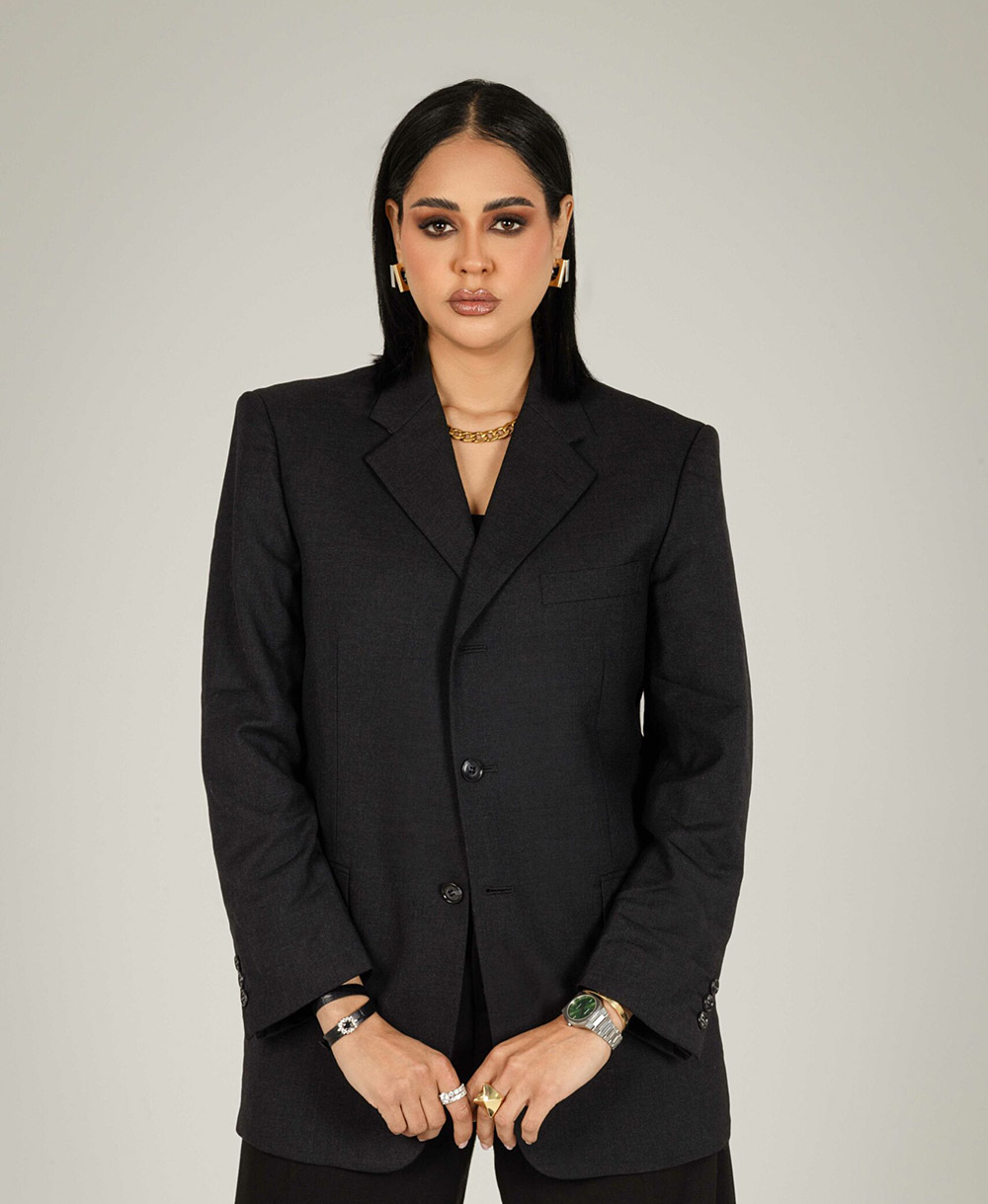
From Calculations to Camera: Basma Mostafa’s Bold Leap into the Unknown

Stop Blaming. Enough Is Enough: Words @ 3AM By Gayatri.R
no related post found

Beyond the Expected: John Migdalas on Today’s Luxury
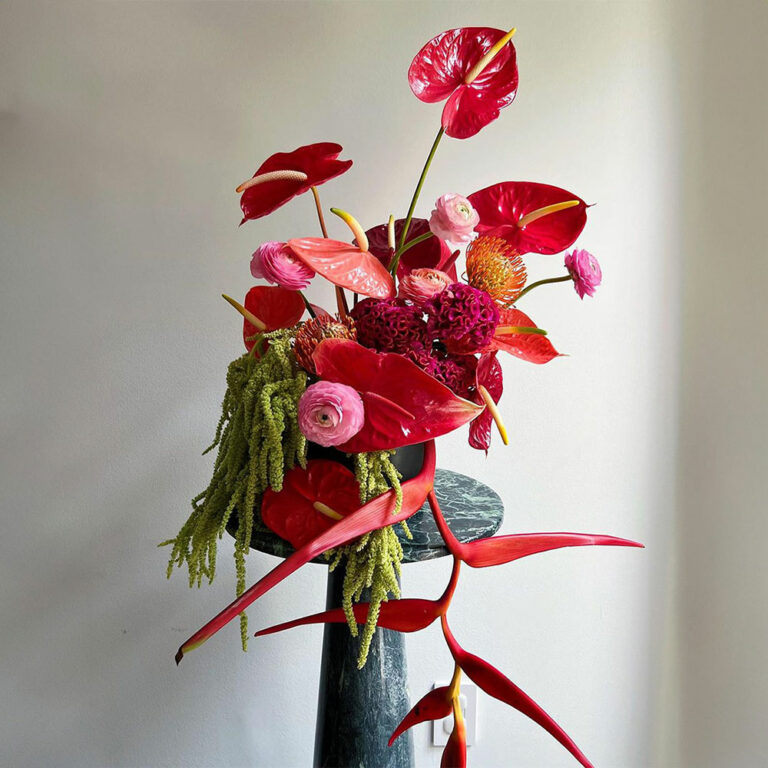
“Flowers are our favorite F word!”

Indulging in Love and Flavor at Playa: A Valentine’s Day Delight

Beyond the Expected: John Migdalas on Today’s Luxury
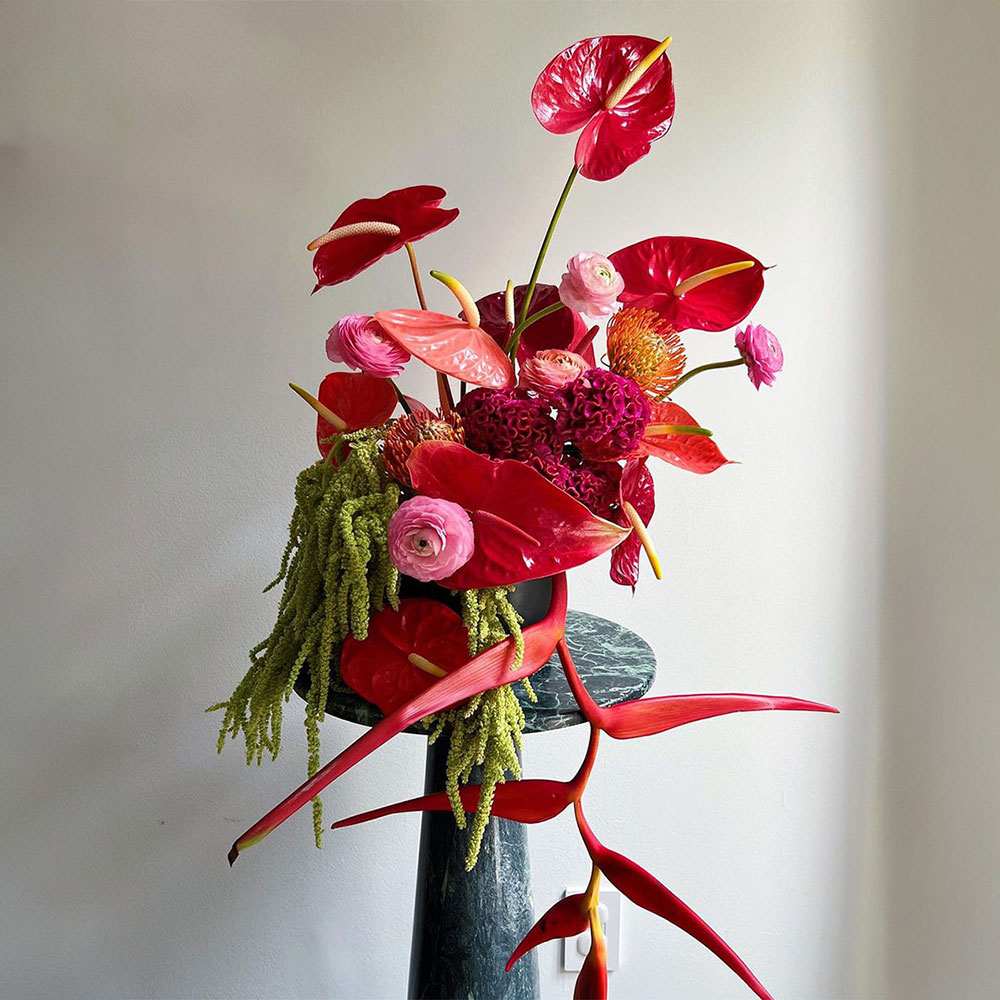
“Flowers are our favorite F word!”

Indulging in Love and Flavor at Playa: A Valentine’s Day Delight


